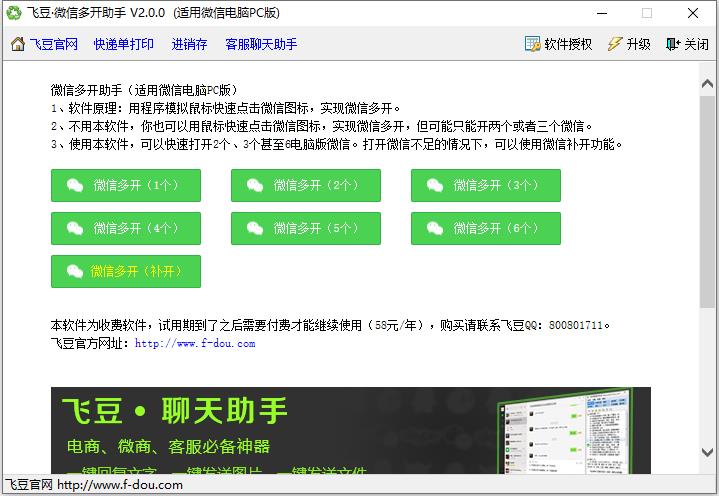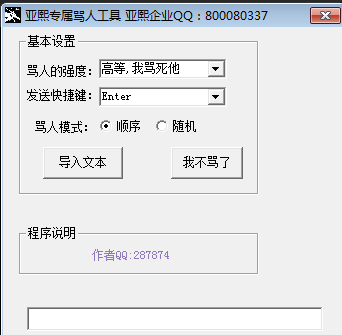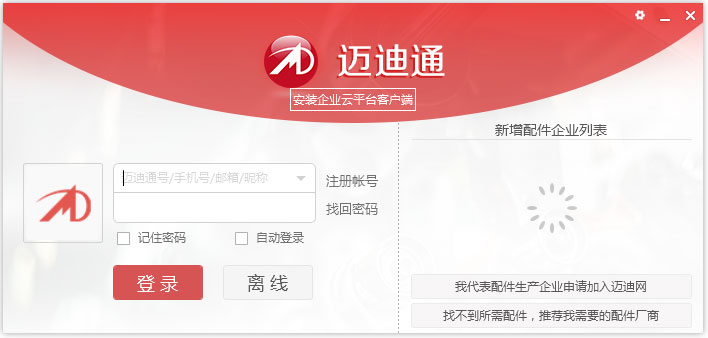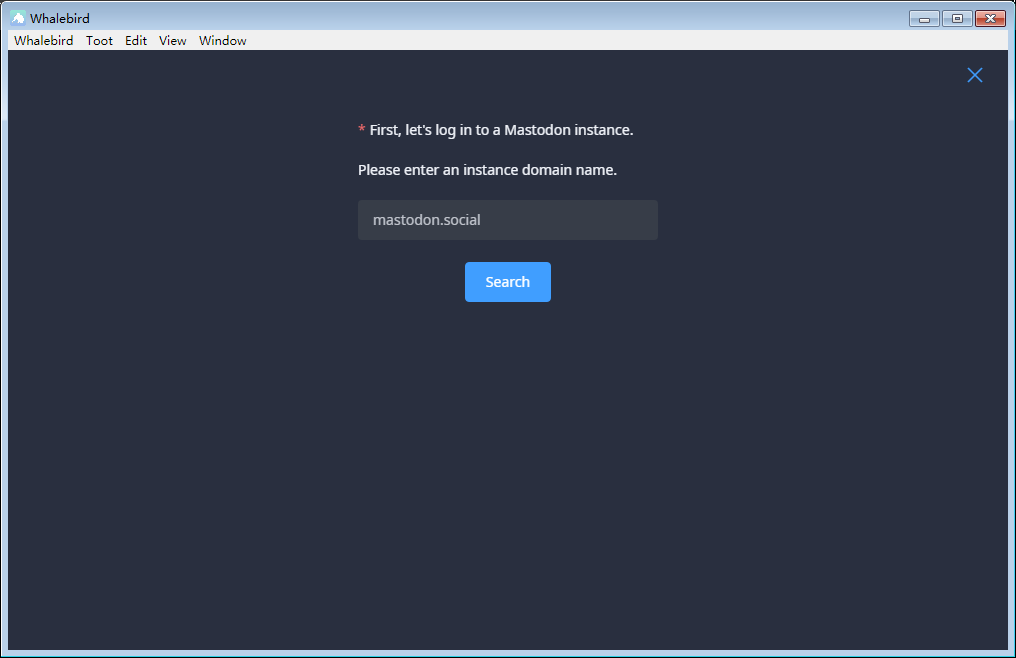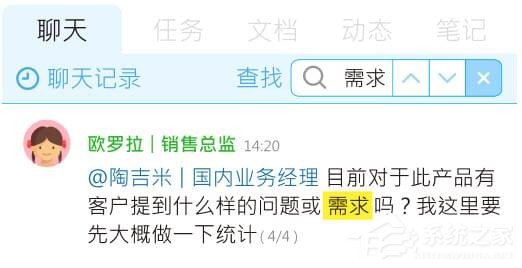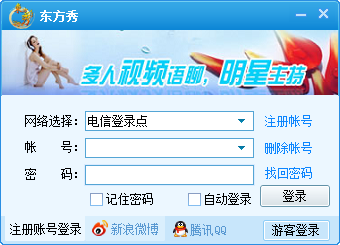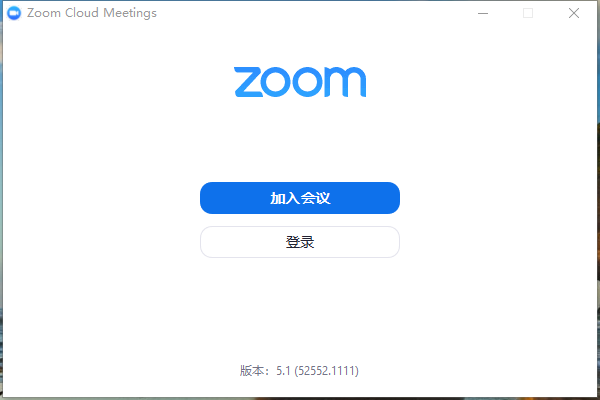分享一个很有用的php7+mongodb类!
时间:2022-02-23 17:40
由于项目需要,把项目升级到了 因为项目是国外友人贡献的。所以没有可以看的很明白的文档。这里整理了一些常用的方法。 推荐:《PHP7教程》 以上就是分享一个很有用的php7+mongodb类!的详细内容,更多请关注gxlsystem其它相关文章!php7。但是升级了之后发现mongo扩展不能用了。php7.0以上只支持mongodb扩展了。而mongodb扩展的驱动使用起来比monmgo扩展显得很复杂,啰嗦。在网上找了很久。终于找到了一个比较简洁的mongodb类。语法跟mongo的差不多。清晰,自然。项目地址
https://github.com/mongodb/mongo-php-library获取实例
$uri = "mongodb://username:password@host/database";
$client = new \MongoDB\Client($uri);
获取集合
$collection = $client->selectCollection('test','test');获取一条数据
$data = $collection->findOne(['id'=>1]);
获取多条数据
$where = ['type'=>1];
$options = array(
'projection' => array('id' => 1, 'age' => 1, 'name' => -1), // 指定返回哪些字段 1 表示返回 -1 表示不返回
'sort' => array('id' => -1), // 指定排序字段
'limit' => 10, // 指定返回的条数
'skip' => 0, // 指定起始位置
);
$data = $collection->find($where,$options)->toArray();
var_dump($data);去重
$fileName = 'name';
$where = ['id' => ['$lt' => 100]]
$ret = $this->collection->distinct($fileName,$where);
插入一条数据
$data = array(
'id' => 2,
'age' => 20,
'name' => '张三'
);
$ret = $collection->insertOne($data);
$id=$ret->getInsertedId();批量插入
$data = array(
['id' => 1, 'age' => 21, 'name' => '1xiaoli'],
['id' => 2, 'age' => 22, 'name' => '2xiaoli'],
['id' => 3, 'age' => 23, 'name' => '3xiaoli'],
['id' => 4, 'age' => 26, 'name' => '4xiaoli'],
['id' => 5, 'age' => 24, 'name' => '5xiaoli'],
['id' => 6, 'age' => 25, 'name' => '6xiaoli'],
);
$ret = $collection->insertMany($data);
# 返回插入id
var_dump($ret->getInsertedIds());更新一条
$ret = $collection->updateOne(array('id' => 2), array('$set' => array('age' => 56)));更新多条
$ret = $collection->updateMany(array('id' => ['$gt' => 1]), array('$set' => array('age' => 56, 'name' => 'x')));删除一条
$ret = $collection->deleteOne(array('id' => 2));删除多条
$collection->deleteMany(array('id' => array('$in' => array(1, 2))));聚合
$ops = [
[
'$match' =>['type'=>['$in'=>[2,4]]]
],
[
'$sort' => ['list.create_time' => -1] //sort顺序不能变,否则会造成排序混乱,注意先排序再分页
],
[
'$skip' => 0
],
[
'$limit' => 20000
],
];
$data = $collection->aggregate($ops);
foreach ($data as $document)
{
var_dump($document);
}
